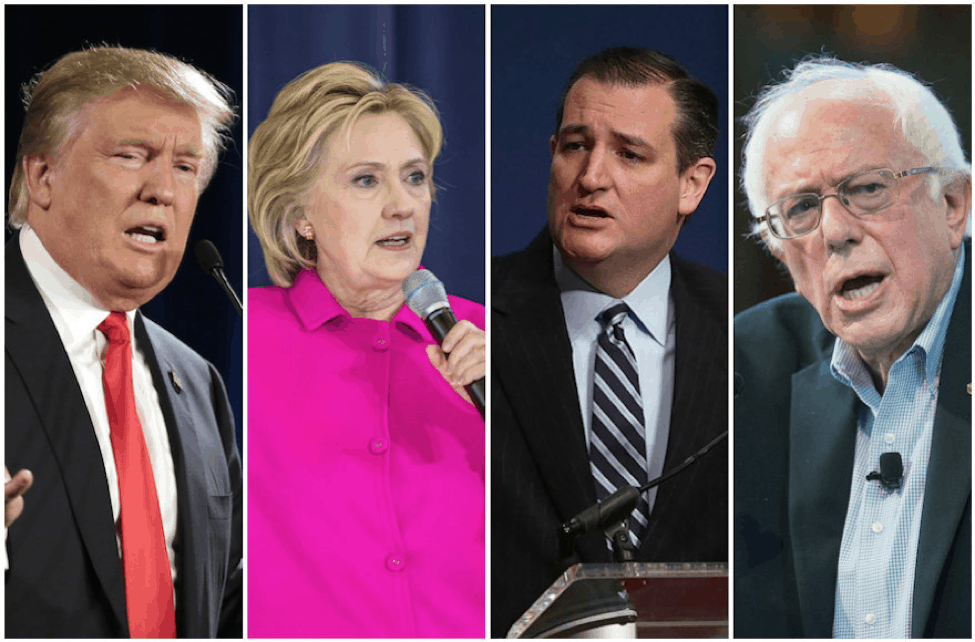[Reposted from June 2016]
Donald Trump. Hillary Clinton. Ted Cruz. Bernie Sanders.

Just reading these names likely elicited a wave of strong reactions: a warm smile, a frown, an eye roll. Perhaps you’re frustrated or indifferent to the entire spectacle.
A GLIMPSE INTO THE MINDS OF VOTERS
At SPARK, we measure emotional responses to daily experiences. Last month, we began conducting a pilot political study. Our goal was to get a glimpse into the mind of voters as they experience the constant stream of media coverage devoted to the 2016 election.
For the study, we invited local DC and Maryland residents to watch clips of presidential candidates speaking in debates and political ads. To measure their emotional responses in real-time as they watched, we hooked our participants up to BrainWave, our proprietary system for measuring emotion and attention through brain activity and other biometric measurements.


ATTENTION AND EMOTION: WHICH CANDIDATE GOT THE VOTES?
We took a look at the preliminary data and found some interesting results.
Retaining Attention is Key to Attracting an Audience
- Of the four candidates, Donald Trump elicited the highest attention level of any candidate, even when participants reported disliking him and his policies.
- Trump’s limited vocabulary may actually help him retain attention. Short sentences and small words are easier to follow.
- Bernie Sanders held the attention of participants through the tonal rises and falls in his speech patterns.
- Hillary Clinton, although articulate, struggled to engage participants. Compared to Bernie, she speaks with a much flatter intonation which doesn’t hold the attention of listeners for long. And compared to Trump, her sentences are longer with a more complex vocabulary.
Engaging Emotion Makes Candidates More Memorable
- Strong emotions cause the brain to release cortisol and epinephrine, which triggers the storing of stronger memories. So how do the candidate stack up?
- Of the candidates, Donald Trump evoked the strongest emotional responses. Could this explain his unexpected rise?


WHAT PEOPLE SAY VS. WHAT PEOPLE FEEL
So how do participants feel when viewing candidates they do not support? Do their levels of emotion and attention reflect their stated political beliefs? Could the demonstrated levels of attention and emotion serve as an indicator of future success, or as an explanation of current outcomes? Will Trump be our next President?

Recent Comments